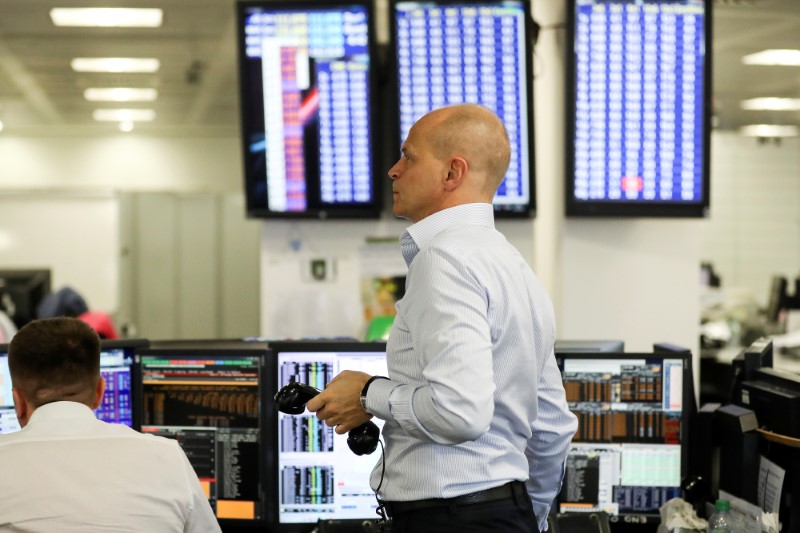(Bloomberg) -- A plan by Brazilian development bank BNDES to sell its stake in JBS SA is tapping the brakes on the top beef supplier’s stunning rally.
BNDESPar, the development bank’s investment arm, has hired banks to sell shares in a potential secondary equity offering, JBS said this week. The lender currently holds a 21.3% stake in the meatpacker that’s worth about 15.6 billion reais ($3.7 billion), according to data compiled by Bloomberg.
While JBS’s most recent results were seen as solid by analysts from Bradesco BBI and BTG Pactual, investors see the upcoming $1.9 billion offering keeping the stock under pressure over the next few weeks.
Anticipation of the massive sale has already taken some of the shine from JBS’s rally, the best global meat performer in 2019. While shares of the meat producer have more than doubled in value this year, they have underperformed Brazilian peers in the past few weeks. The record profit before some items reported last week didn’t prevent the stock from falling 0.4%, leaving them down more than 20% since reaching a peak in September.
BNDES’s potential sale “is a large overhang for the stock in the near term,” according to a report signed by JPMorgan’s analyst Lucas Ferreira, who has an overweight rating and price target of 34 reais for the stock.
Santander’s Marcel Moraes, who has the highest price target for JBS among sell-side analysts tracked by Bloomberg, also listed the potential overhang if BNDESPar decides to sell its stake among the main risks to his view, according to a report from Nov. 18.
JBS shares have surged 131% in the past year on the back of pork-supply disruptions in Asia and strong results in the U.S. led by ample cattle supplies and rising beef prices.
The prospect for the next quarters is even better on an improving export outlook. China’s recent lifting of a ban on U.S. chicken is seen favoring its poultry shipments from the U.S., while pork sales may get a boost from the elimination of the feed additive ractopamine, banned by the Asian nation, on its U.S. supply chain from January.
